Formaldehyde Liquid (Formaline)
Formaldehyde is a colorless, strong-smelling gas that is commonly used in a variety of products and industrial processes. Here are some key points about formaldehyde:
1. **Chemical Properties**: Formaldehyde has the chemical formula CH2O and is the simplest form of aldehyde. It is highly reactive and readily combines with other substances.
2. **Uses**: Formaldehyde is used in the production of resins, such as urea-formaldehyde resin, phenol-formaldehyde resin, and melamine-formaldehyde resin. These resins are commonly used in the manufacturing of wood products, adhesives, coatings, and insulation materials.
3. **Disinfectant**: Formaldehyde is also used as a disinfectant and preservative in certain products, such as household cleaners, cosmetics, and personal care items. It helps prevent bacterial growth and spoilage in these products.
4. **Textile Industry**: In the textile industry, formaldehyde-based resins are used to treat fabrics to improve wrinkle resistance, durability, and colorfastness. However, concerns have been raised about the potential health effects of formaldehyde exposure from treated textiles.
5. **Health Risks**: Formaldehyde is classified as a known human carcinogen by the International Agency for Research on Cancer (IARC). Prolonged or high-level exposure to formaldehyde can cause respiratory irritation, skin sensitization, and may increase the risk of certain cancers, such as nasopharyngeal cancer and leukemia.
6. **Regulations**: Due to its potential health risks, there are regulations in place regarding formaldehyde exposure in various industries. Occupational exposure limits have been established to protect workers who may come into contact with formaldehyde during their work activities.
7. **Indoor Air Quality**: Formaldehyde emissions from certain building materials, furniture, and household products can contribute to indoor air pollution. Proper ventilation and the use of low-formaldehyde or formaldehyde-free products can help reduce indoor formaldehyde levels.
8. **Testing and Monitoring**: Formaldehyde levels can be measured using air quality monitoring equipment. Testing for formaldehyde is important in certain environments, such as workplaces, homes with new construction or furnishings, and manufacturing facilities that use formaldehyde-containing materials.
It’s essential to handle formaldehyde-containing products with care and follow safety guidelines to minimize exposure and potential health risks associated with this chemical.
Original price was: ₦50,000.00.₦45,000.00Current price is: ₦45,000.00.
Description
Formaldehyde is widely used in various industrial applications due to its versatile properties as a chemical building block. Here are some common industrial applications of formaldehyde:
1. **Resins Production**: One of the primary industrial uses of formaldehyde is in the production of resins, including urea-formaldehyde, phenol-formaldehyde, and melamine-formaldehyde resins. These resins are essential in the manufacture of wood products, such as plywood, particleboard, and MDF (medium-density fiberboard).
2. **Adhesives and Binders**: Formaldehyde-based resins are used as adhesives and binders in the production of composite materials, laminates, and engineered wood products. These adhesives provide strength, durability, and water resistance to the bonded materials.
3. **Textile Treatments**: Formaldehyde is used in the textile industry as a finishing agent to impart wrinkle resistance and shrinkage control to fabrics. Formaldehyde-based textile treatments help improve the performance and appearance of textiles in various applications.
4. **Paper Production**: In the paper industry, formaldehyde is used as a wet-strength resin to improve the strength and durability of paper products. Formaldehyde-based additives help enhance the quality and performance of paper in printing and packaging applications.
5. **Plastics and Polymers**: Formaldehyde serves as a key building block in the production of various plastics and polymers. It is used in the manufacturing of polyacetal resins, polyurethanes, and other synthetic polymers with diverse applications in automotive, construction, and consumer goods industries.
6. **Preservatives**: Formaldehyde is utilized as a preservative in certain industrial products, such as paints, coatings, and adhesives, to inhibit microbial growth and extend the shelf life of these products. It helps prevent spoilage and degradation caused by bacteria and fungi.
7. **Chemical Intermediates**: Formaldehyde is employed as a chemical intermediate in the synthesis of numerous organic compounds, including solvents, pharmaceuticals, dyes, and agricultural chemicals. It serves as a versatile precursor in the production of various industrial chemicals.
8. **Leather Tanning**: Formaldehyde is used in the leather industry as a tanning agent to preserve and stabilize animal hides. Formaldehyde-based tanning agents help prevent decay, improve leather quality, and enhance the tanning process.
These are just a few examples of the industrial applications of formaldehyde, highlighting its importance as a key ingredient in the production of a wide range of materials and products across different industries. However, it’s crucial to handle formaldehyde with care due to its potential health risks and environmental considerations.

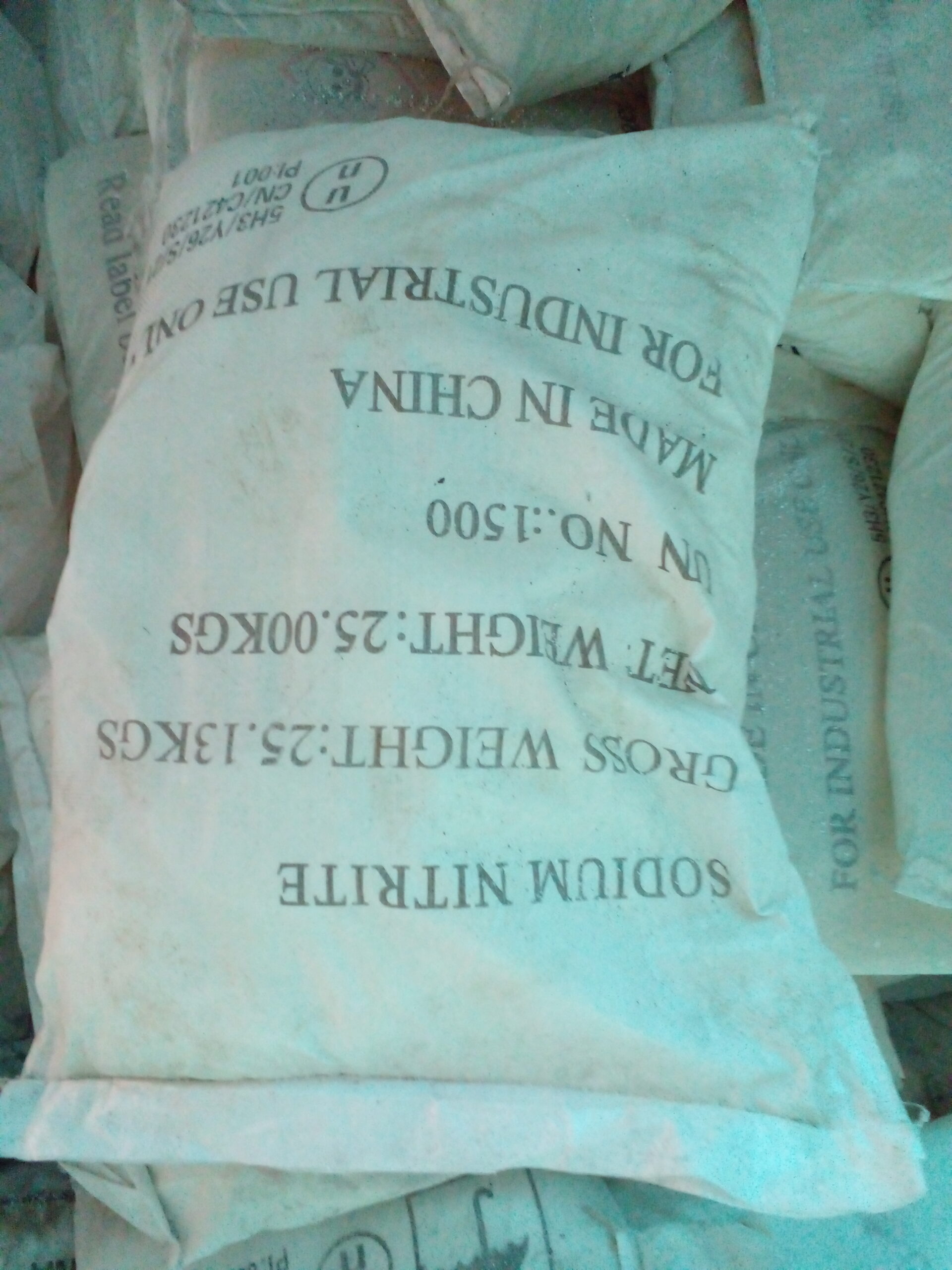
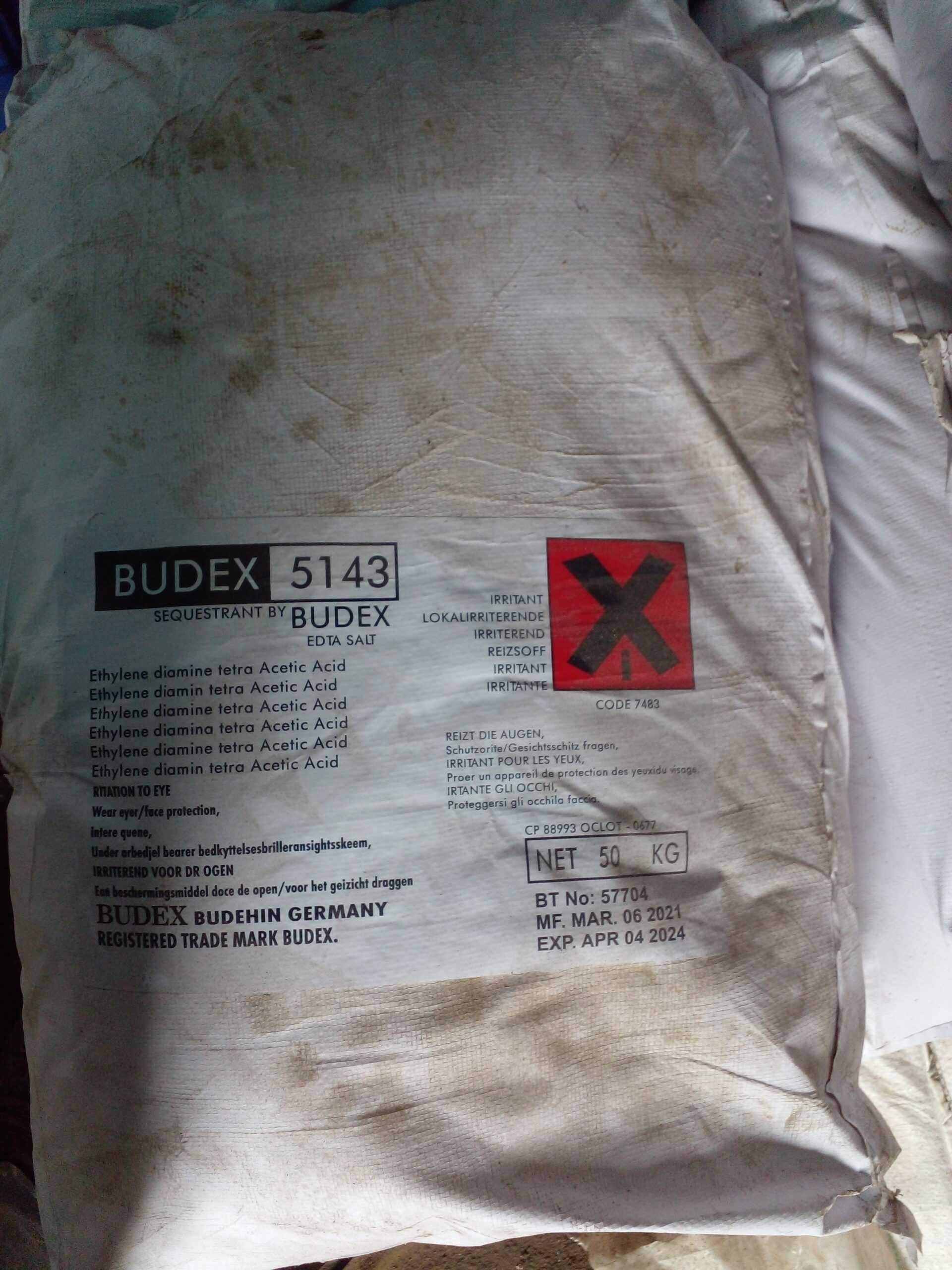
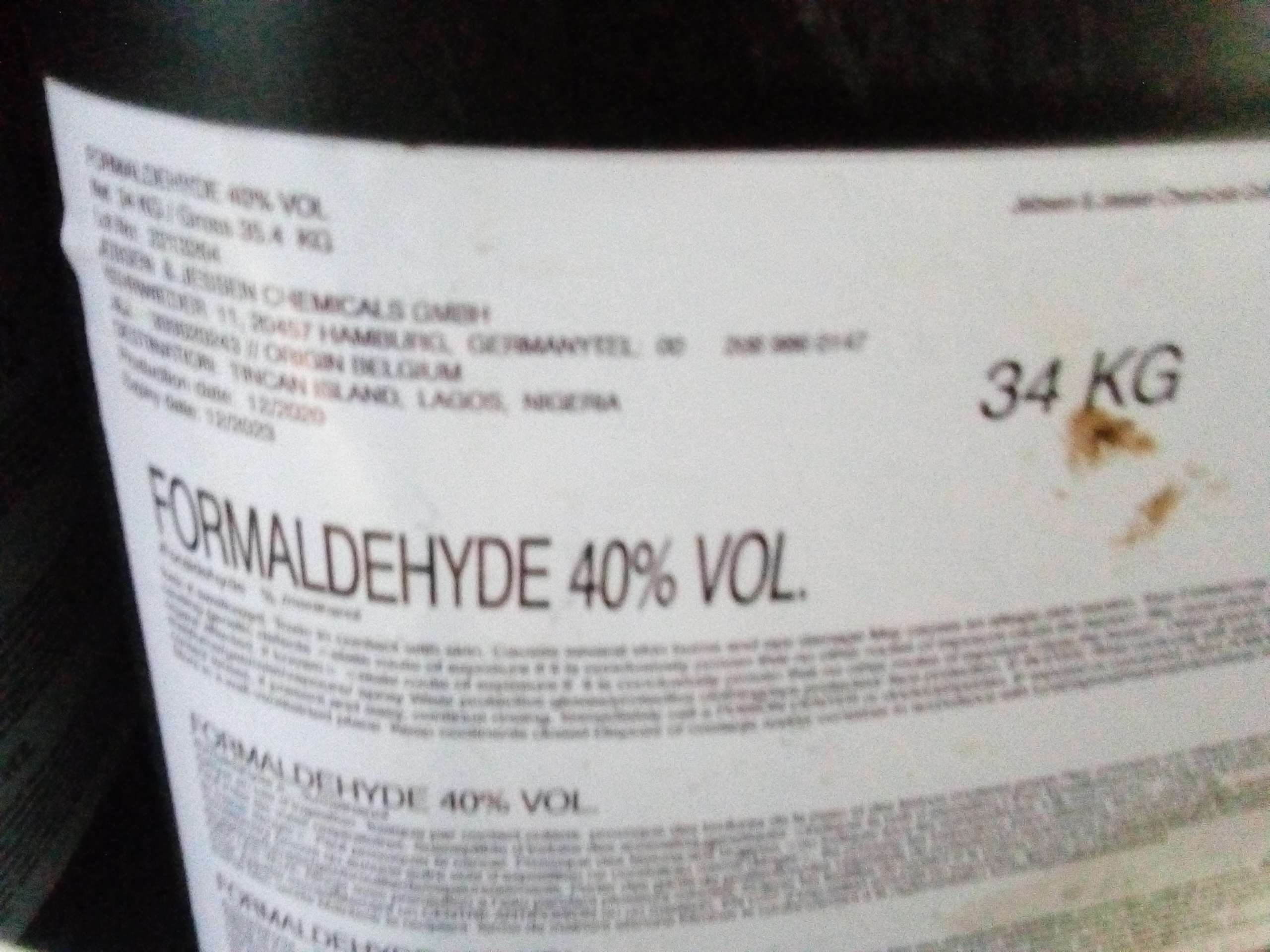
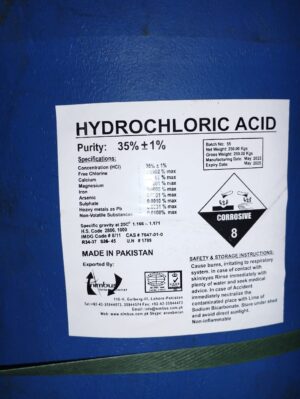
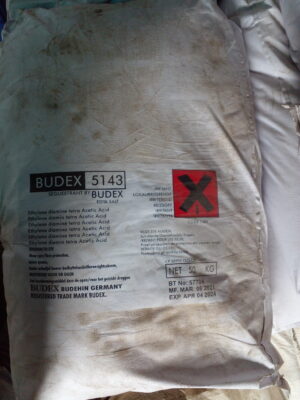
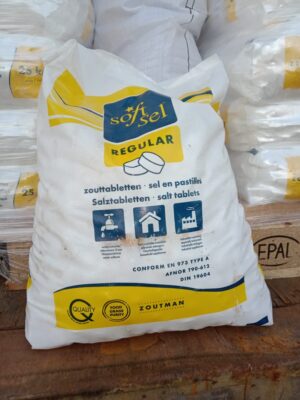
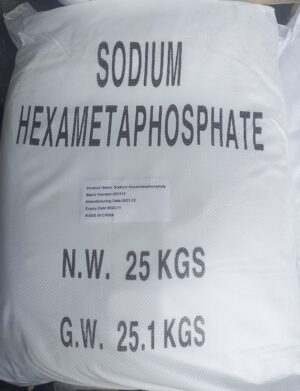
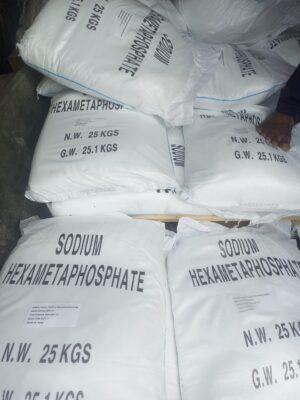
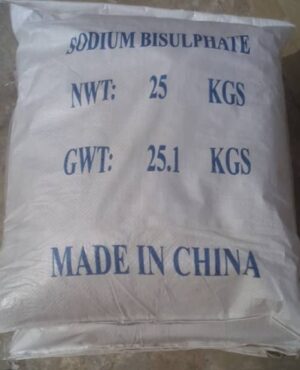
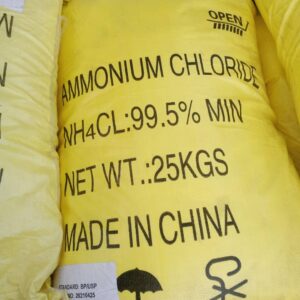
Maryjane –
I’ve known ComixMen Nigeria to have best products. Keep up with the good work, I actually like your products.